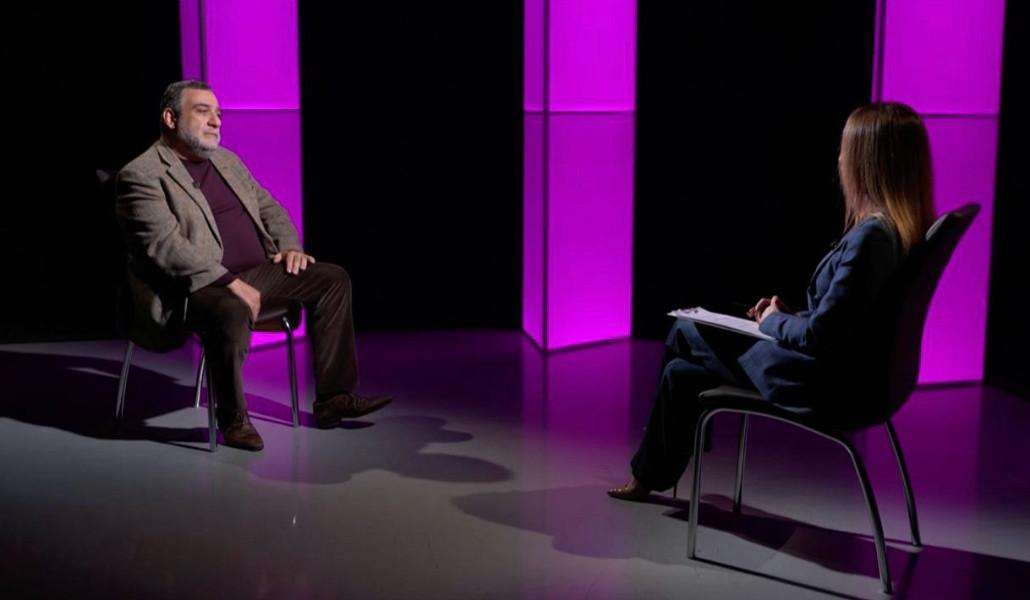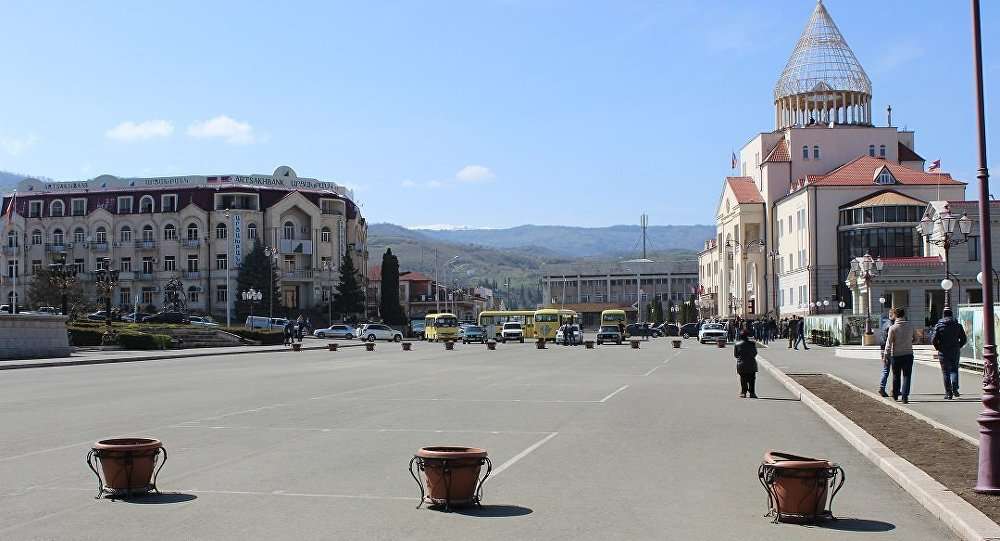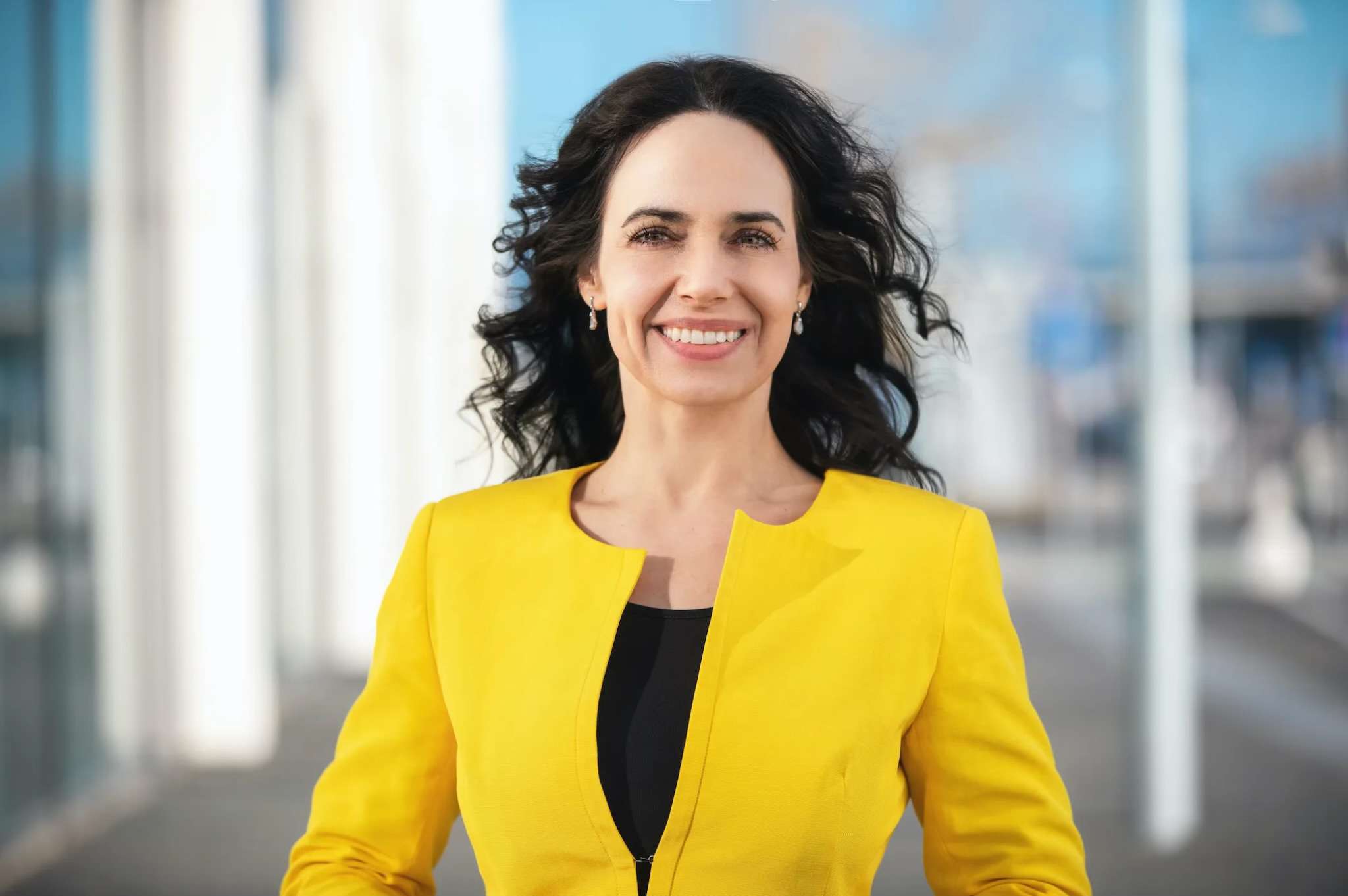Artsakh Republic State Minister Ruben Vardanyan interviewed the international RTVI TV channel, addressing the reasons for his move to Artsakh, the problems facing Artsakh, and several other issues.
Speaking about the decision to move to Artsakh and assume the position of Minister of State, Ruben Vardanyan noted that he was happy to take that step, "After my arrival, the topic of Artsakh, which would be ideal for Azerbaijan to be forgotten, has become more relevant. What is happening in Artsakh has started to interest more people. In that sense, I am happy that everything happening in Artsakh is becoming a topic of discussion in the Armenian, Russian, Azerbaijani and international media. I recently interviewed French and German media, and I feel people's real interest in understanding what is happening there, how people live in Artsakh."
Ruben Vardanyan noted that back in 2018, during the first meeting with the future Prime Minister of Armenia, Nikol Pashinyan, he told him that the only topic that concerns him, for which he is ready to change his lifestyle, is Artsakh, "I have never interfered in the political activities of previous presidents, I am not going to interfere now, but Artsakh is a red line for me... I have consistently said and publicly stated that Artsakh is a red line for me. From this point of view, I consider it unacceptable that the Armenian elite follows what is happening in Artsakh and does nothing. ...The decision to do something was made as a result of discussions with many different people. At a certain stage, we realized that it's time to make a decision; either one, as a person who is ready to take responsibility not only for himself and his family but also for his nation, accept it and take that step, or not."
Answering the question about the cessation of military operations, Ruben Vardanyan said that it is necessary to realize that there have been different phases during these 30 years, "In this sense, if we continue the military rhetoric throughout, it is a dead end, because periodically this or that positive or negative circumstances will appear in the country...If Azerbaijan didn't have oil, if Turkey didn't decide to get involved in the war to the extent it was involved in, and many other circumstances... Now there is one situation, tomorrow another situation will be created, and so on, we will war endlessly. We have to think that this cannot go on forever. Azerbaijani mothers also don't want another war and their sons to die."
Speaking about the role of Turkey, Ruben Vardanyan noted that Turkey is not a mediator; it is a party to the conflict, an ally, and does not hide it, "But I think that Turkey's position that "I am an active participant" is not liked not only by Armenia but also by Azerbaijan. Not everyone in Azerbaijan wants that Turkey is so actively and aggressively interfere in the activities of the leadership of Azerbaijan.
Referring to the activities of the Artsakh government, Ruben Vardanyan noted that the government's program would be aimed at confronting the challenges facing Artsakh. "The first is the question of the status of Artsakh, not only the legal side of the issue but also the positioning of Artsakh in the international domain. Artsakh is a separate entity that should take part in making decisions about its future. This requires a lot of work. The second is security. We must do everything so that the lives of the Armenians of Artsakh are not threatened. Security must be ensured by the residents of Artsakh, our international partners, the peacekeepers, and the entire international community because we are also dealing with a humanitarian disaster, not just a military one. And the third, of course, is Artsakh's socio-economic and cultural development."
In response to the question of who and how is ready to participate in the development of Artsakh, Ruben Vardanyan noted that many people are coming. He is glad that he is not alone in this matter "I am grateful that people come here to work, establish businesses, and live. This shows that people believe and want to help the people of Artsakh as much as possible and be with them."
He noted that more than 500,000 Armenians worldwide have Artsakh roots, and many are concerned and want to help their homeland in every possible way. "It is important that they have the right picture of what we are doing now; imagine who they are cooperating with. They should see a transparent system for the implementation of these programs. In that sense, they have the opportunity to participate individually, and through expert-advisory mechanisms, they can help with their connections and experience, which is very important and necessary. To change the situation, we all need to unite. Today, the future of Artsakh is important not only for the fate of the people living in Artsakh but also for determining the future of the entire Armenian world," Ruben Vardanyan emphasized.




















